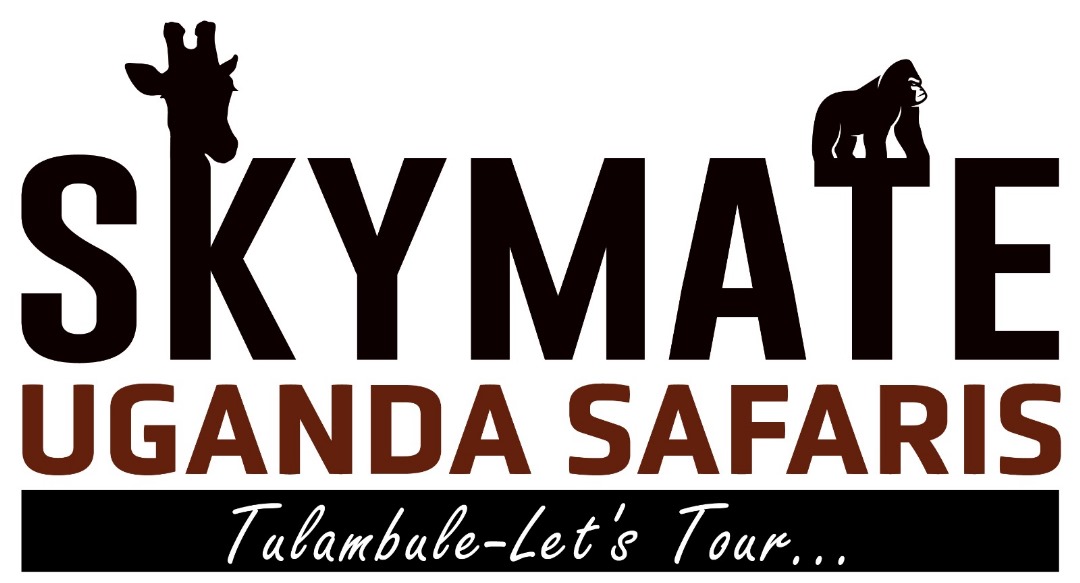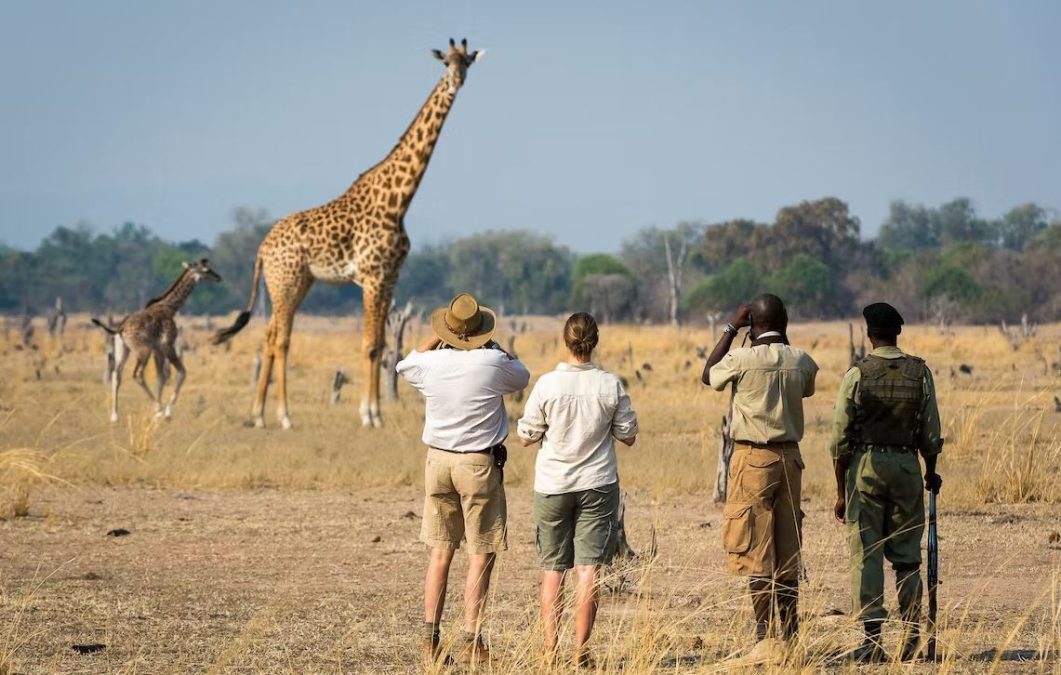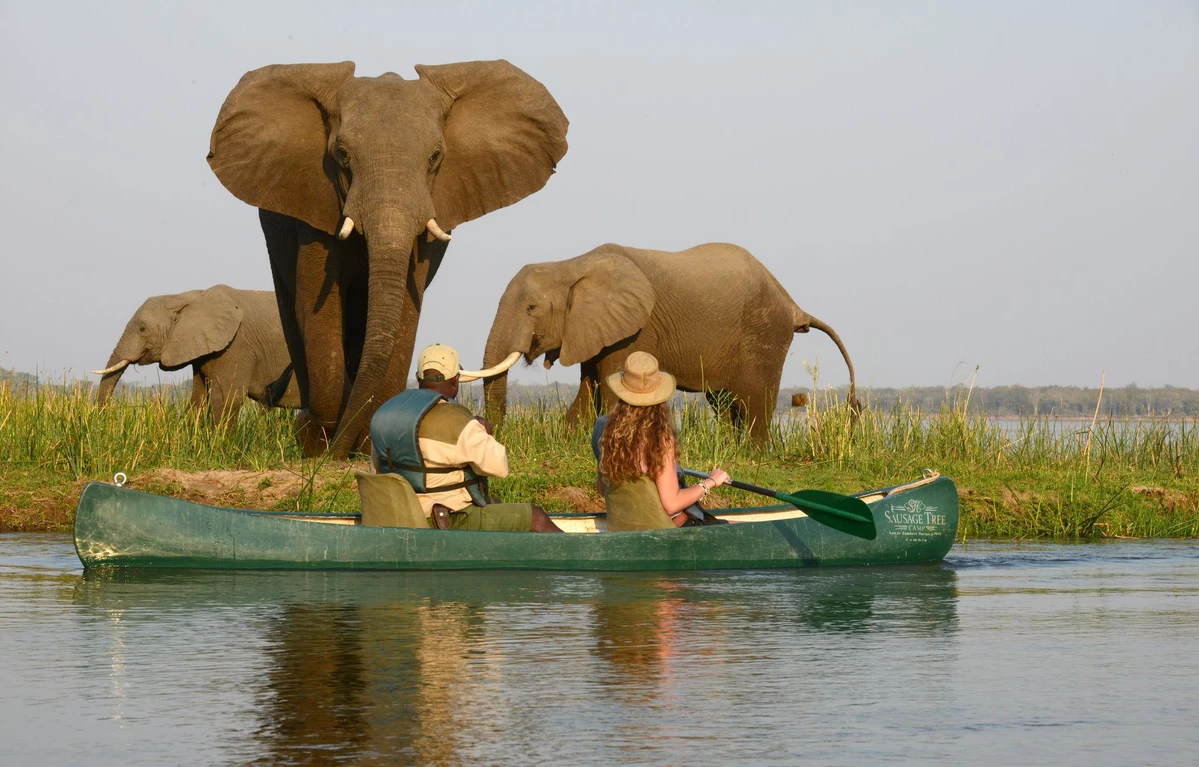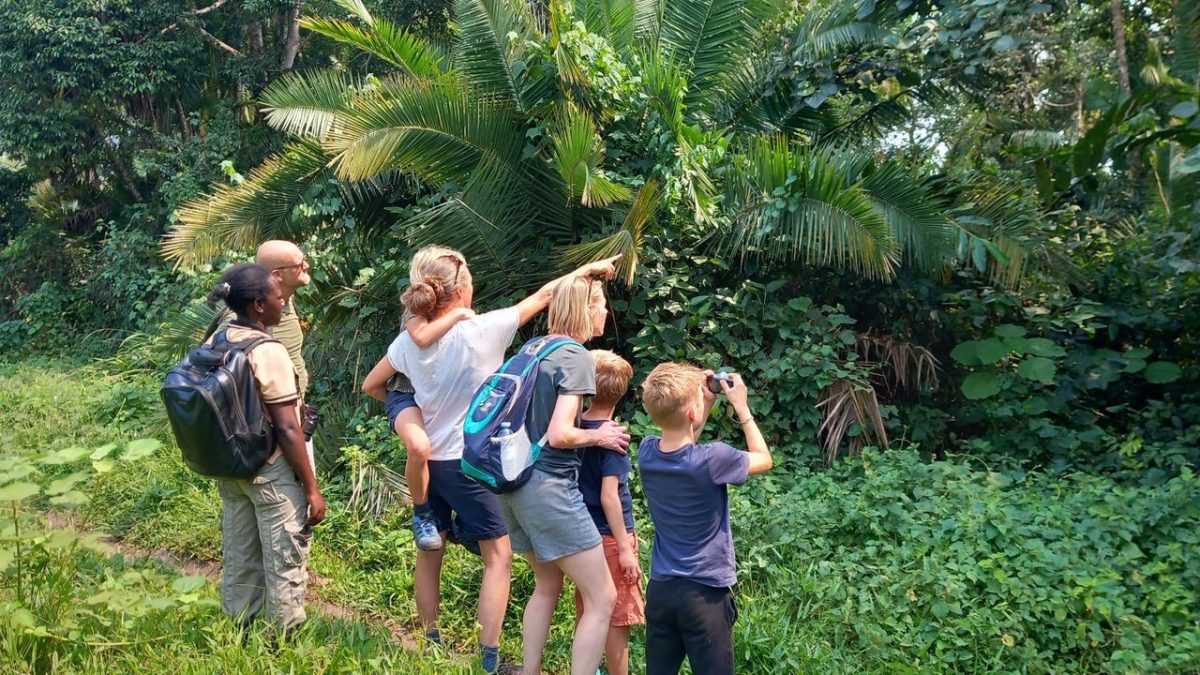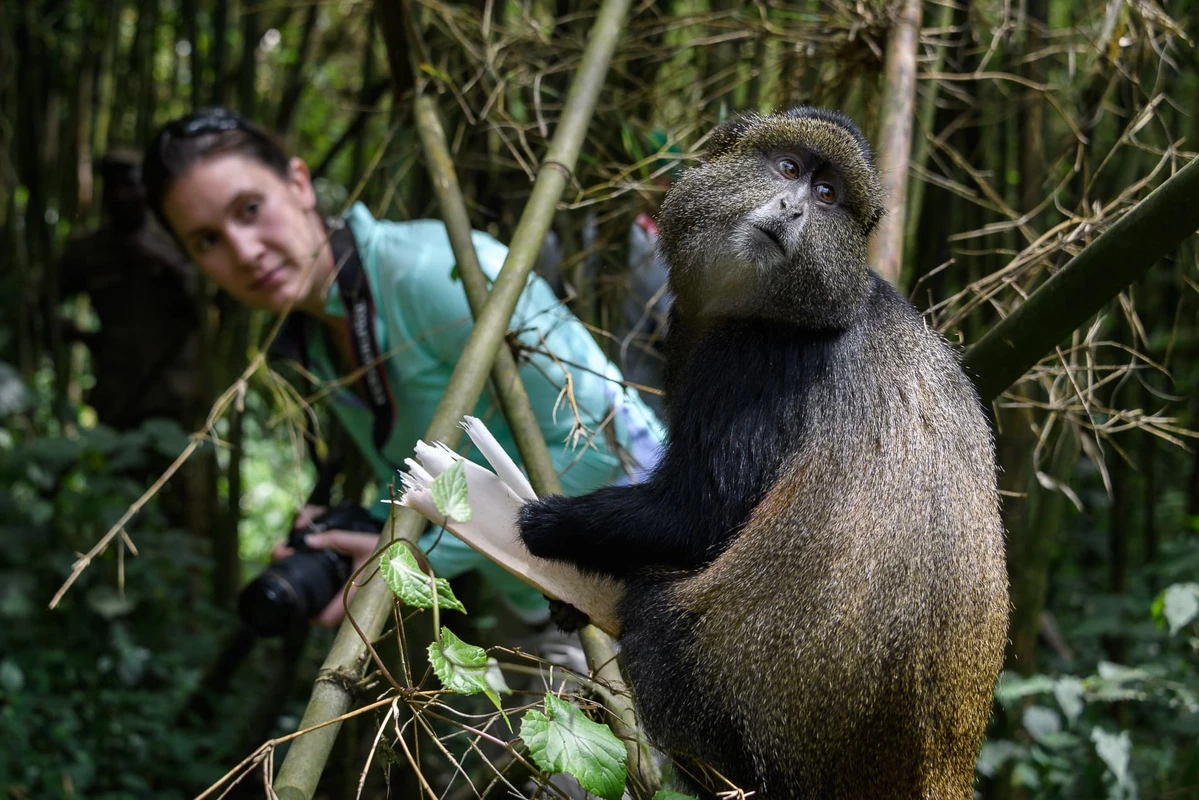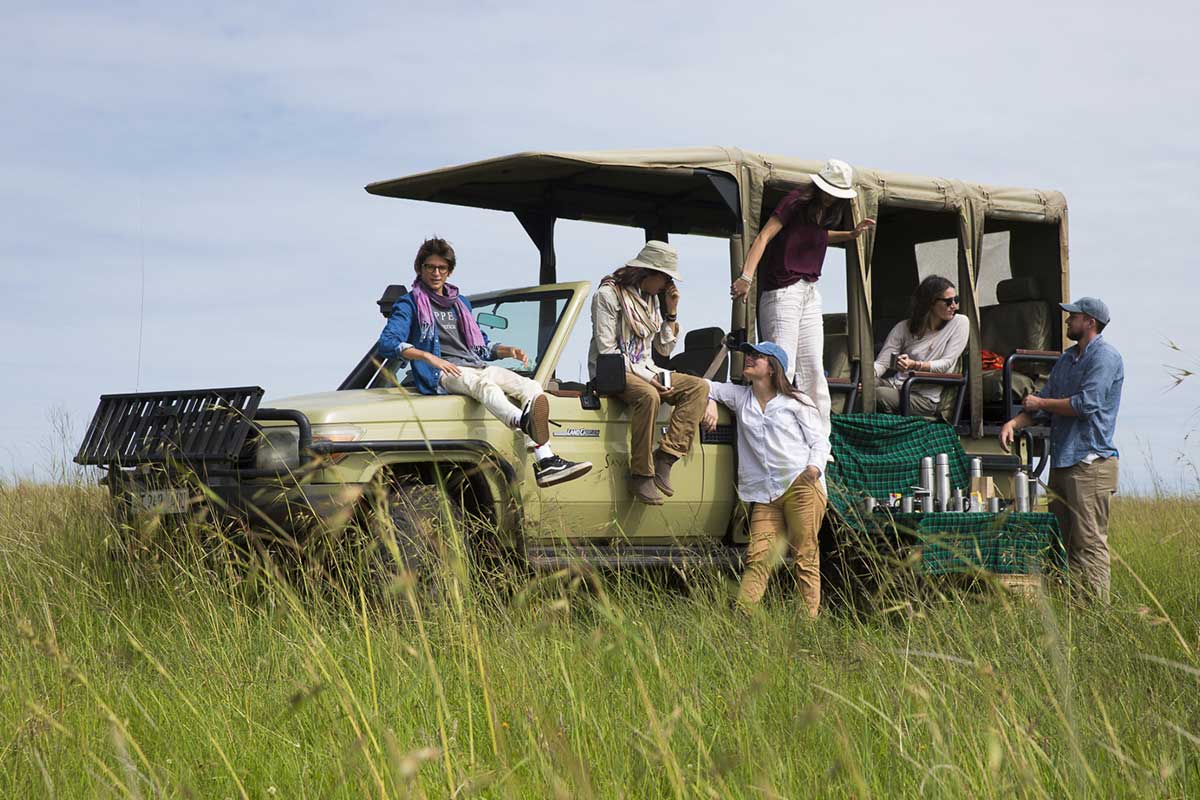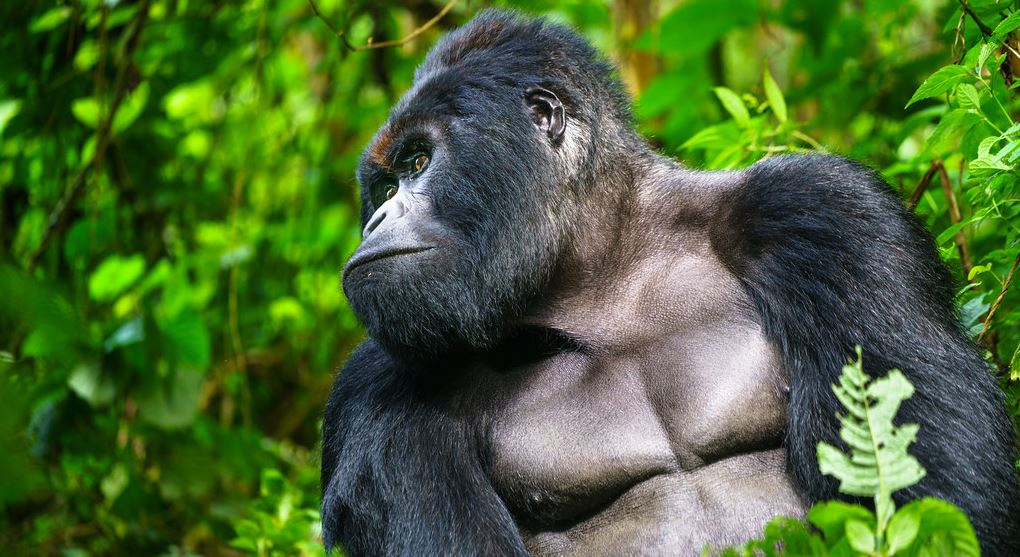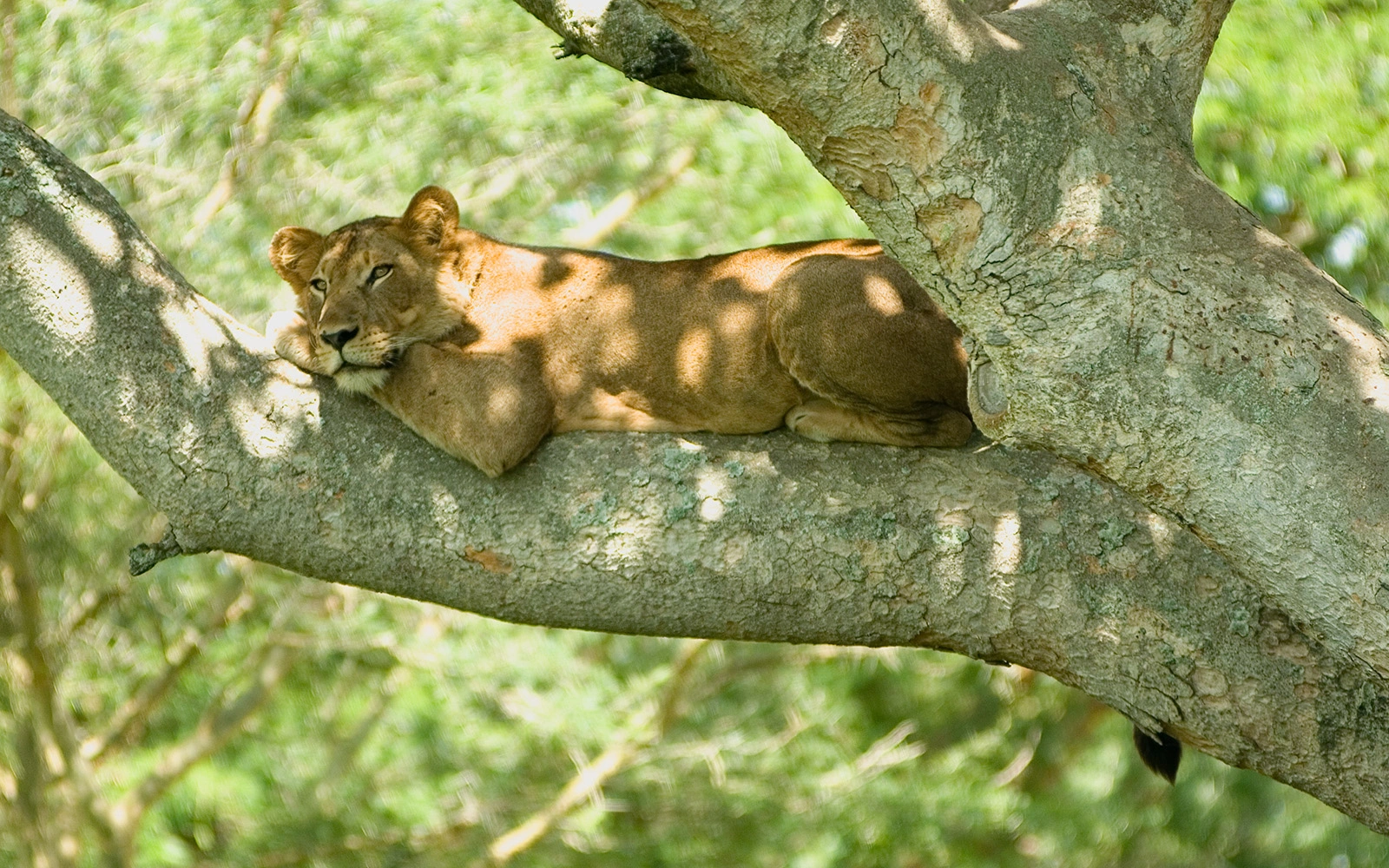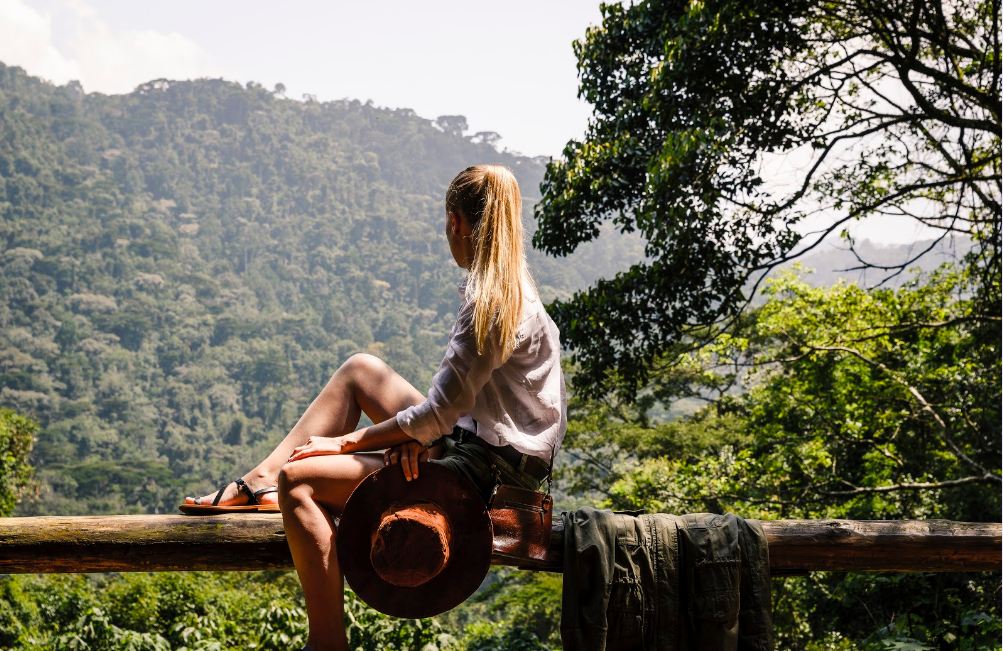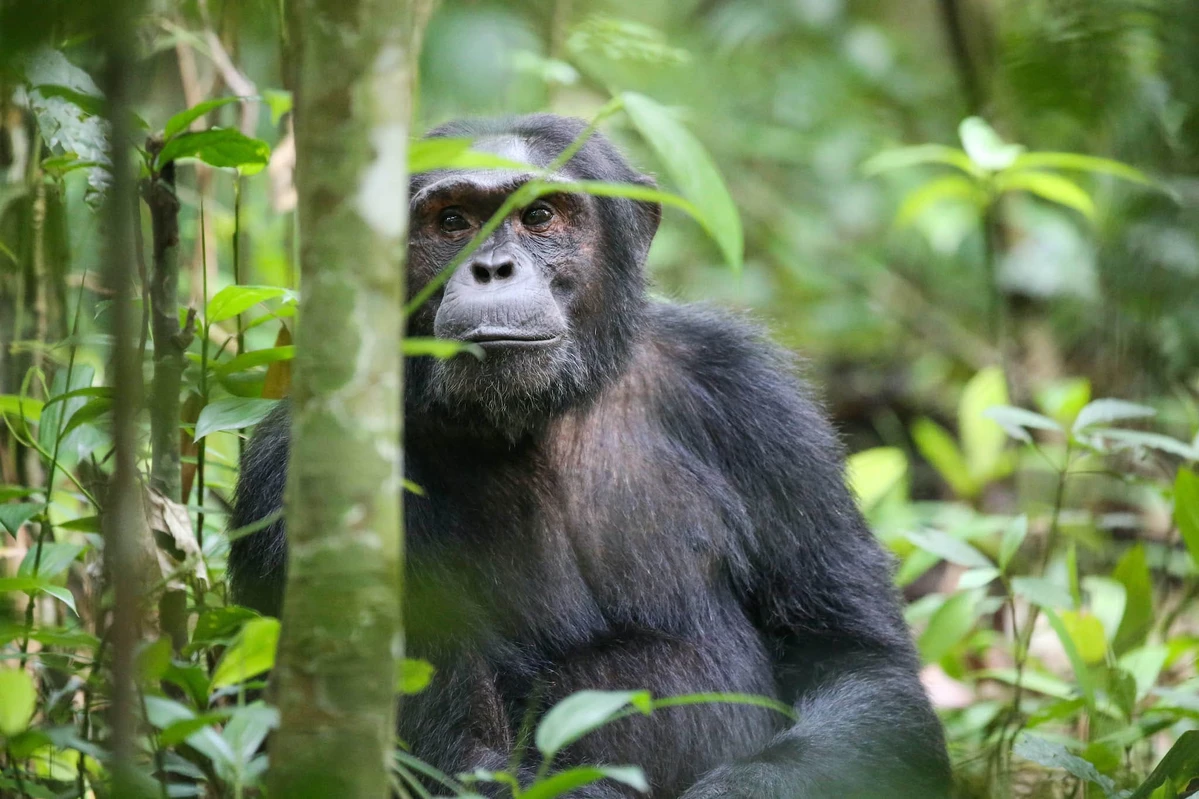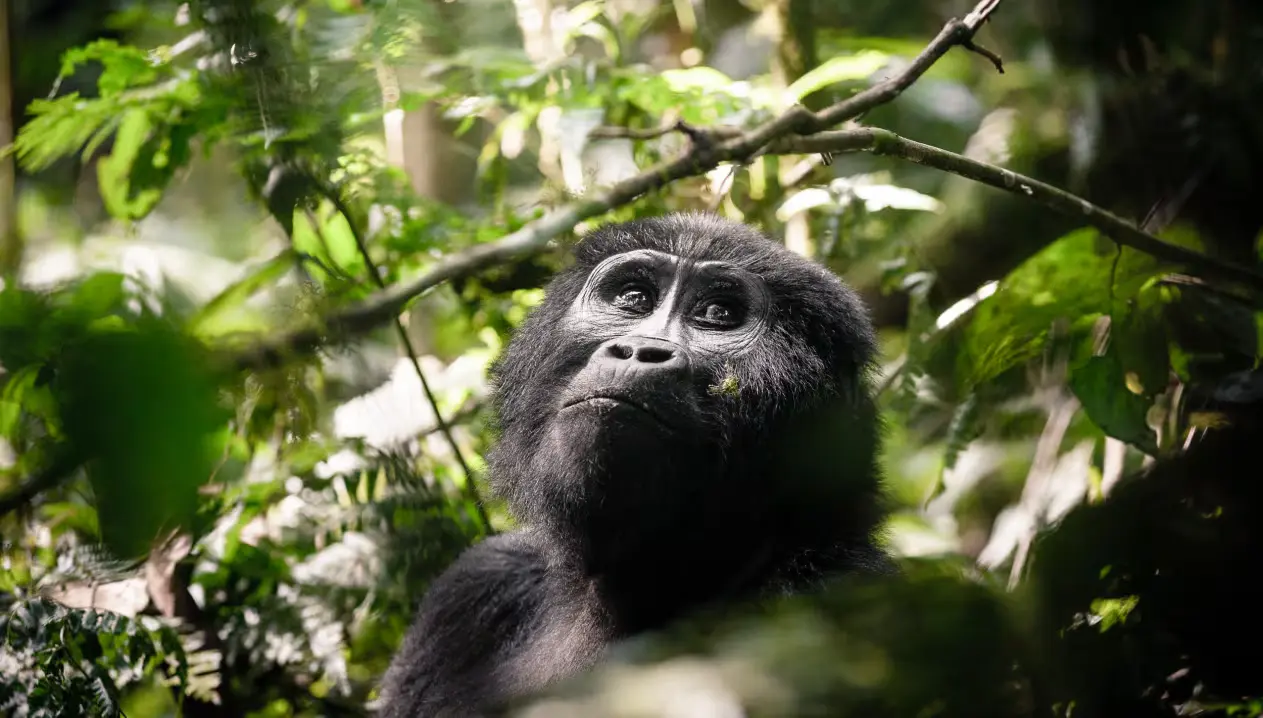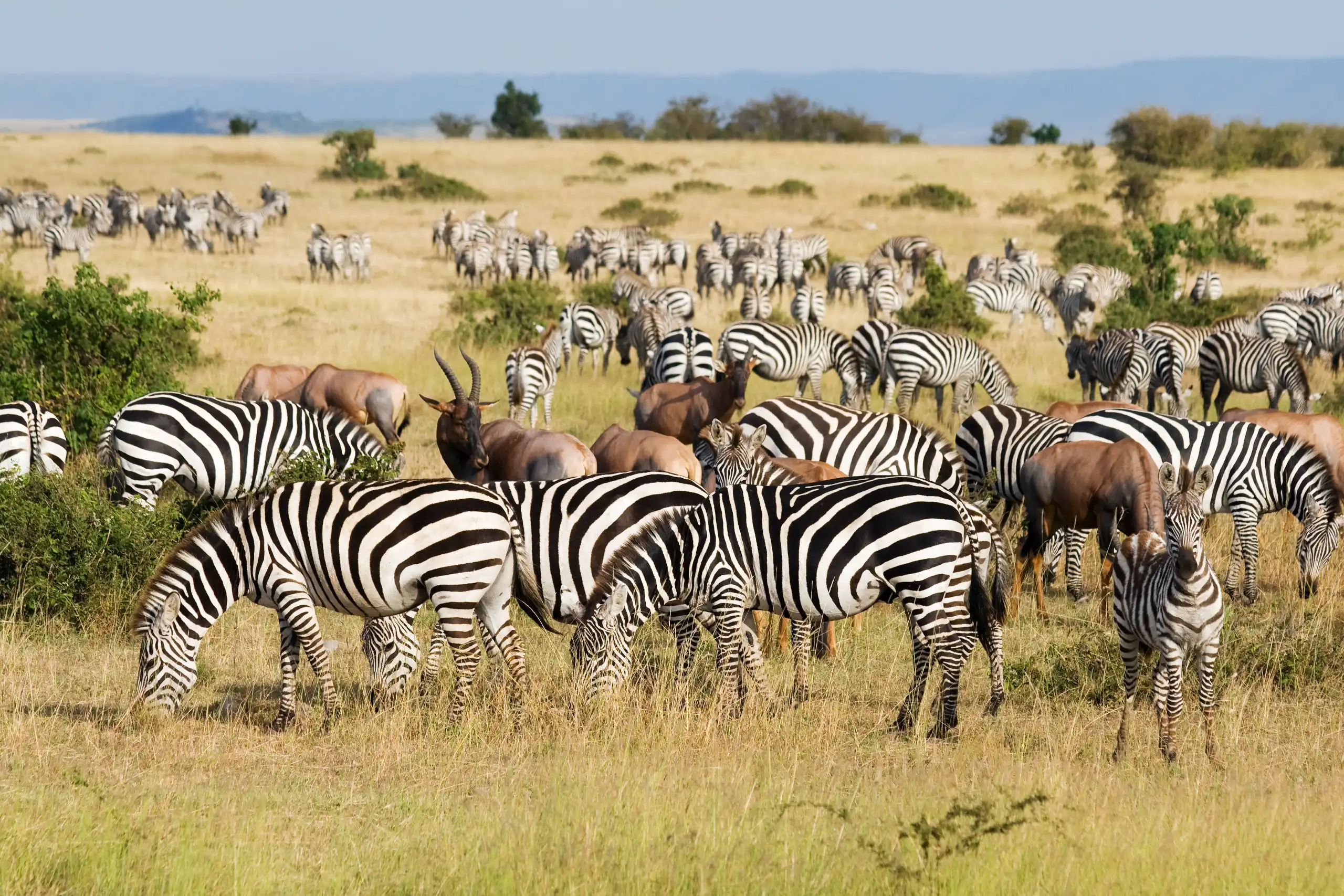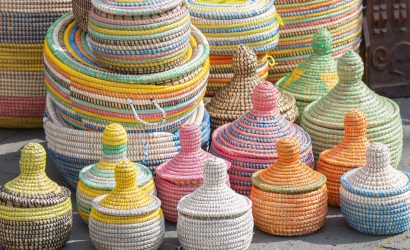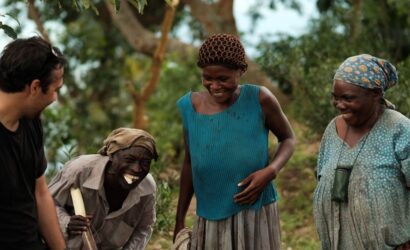Travelling responsibly or responsible travel is about choosing to respect and benefit the local people, their cultures, economies and the environment.
It is up to all of us to be conscientious globetrotting individuals. When we travel we take our holiday in somebody else’s home. Our safaris, trips and holidays can impact their environments, cultures, economies and ways of life.
Treating local people and places with respect is the right thing to do, and opens up possibilities for more authentic travel. At Tulambule, we are passionate about Responsible Tourism and actively practice it by working with social enterprises whose goals are to helping people who don’t have the same opportunities as us.
Positive Impact Safaris and Tours
We offer many safari itineraries that allow you to truly make a different while on your Africa safari. Whether you’re interested in immersive gorilla conservation experiences or helping to contribute to anti-poaching efforts, see some of our safaris below and make a positive impact when you visit Africa:
Responsible Travel Tips
- Travel slower; do less, linger longer
- Travel lighter; choose low impact, low carbon
- Travel deeper; engage with cultures, communities
- Travel further; go beyond the rush of overtourism; travel off-the-beaten track
- Travel longer; preserve for future generations
- Dress respectfully with an awareness of local standards.
- Be wary of giving gifts or money to beggars, children and people you have just met.
- Support locally owned businesses, hotels, restaurants and other services.
- Always ask first before photographing or videoing people.
- Send them back copies of photos to help make it a two-way exchange.
- Before leaving home learn as much as possible about the countries you are visiting – the language, religion and culture, the local rules and values.
